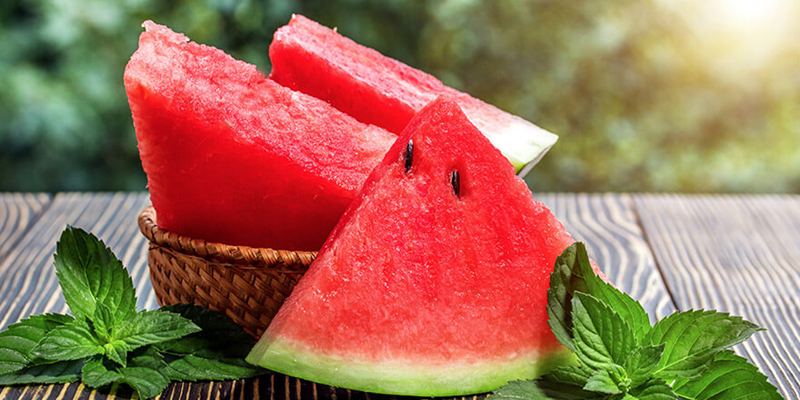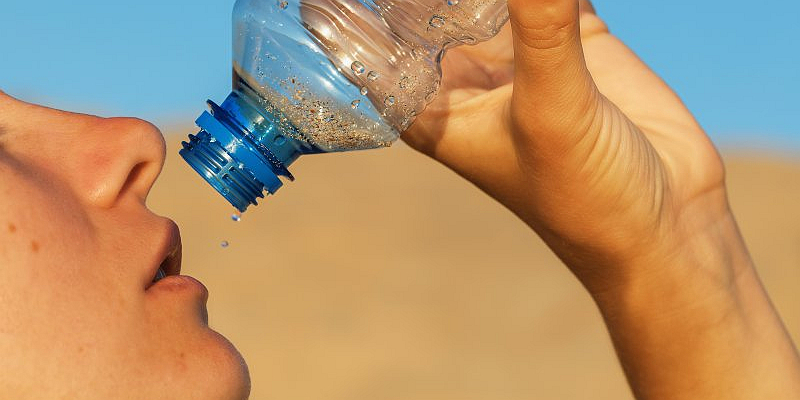Dehydration: Signs, Symptoms, and Solutions
Dehydration, a common but often overlooked condition, can significantly impact your health and well-being. Understanding the signs of dehydration, learning how to prevent dehydration, and implementing dehydration treatment tips are essential for maintaining optimal hydration levels.
1. Perceiving the Indications of Lack of Hydration
- Early Side effects: Thirst, dark urine, decreased urine output, dry mouth, tiredness, and headaches are all early indicators of dehydration. For prompt intervention, it is crucial to recognize these early symptoms.
- Serious Side Effects: In additional severe cases, drying out can prompt disarray, tipiness, quick heartbeat, depressed eyes, absence of perspiring, and in outrageous cases, obviousness.
2. Understanding Causes and Chance Elements
- Usual Causes: Drying out frequently results from insufficient liquid admission, exorbitant perspiring, loose bowels, regurgitation, or fever. The risk is increased by intense exercise and heat exposure, among other things.
- Risk Gatherings: A few gatherings, like small kids, more established grown-ups, and individuals with persistent diseases, are at a higher gamble of drying out and ought to play it safe.

3. Step-by-Step Instructions to Forestall Parchedness
- Satisfactory Liquid Admission: Consuming adequate daily liquids is the best method for forestalling a lack of hydration. The usually suggested eight 8-ounce glasses of water daily is a decent rule, however individual requirements might shift.
- Hydration During Exercises: During exercise or a warm climate, it's critical to drink more liquids, notably water or sports drinks, that can supplant electrolytes.
4. Dietary Contemplations for Hydration
- Water-Rich Food varieties: Drinking food varieties high in water content, like soil products (like cucumbers, oranges, and watermelons), can add to hydration.
- Diuretics are limited: Be wary of diuretics like alcohol and caffeine, which can make you lose more water and make you dehydrate.
5. Lack of Hydration Treatment Tips
- Rehydration Arrangements: For gentle to direct lack of hydration, drinking water, and oral rehydration arrangements containing electrolytes are generally viable.
- Looking for Clinical Consideration: In instances of severe parchedness or then again if side effects endure, it's fundamental to look for clinical consideration speedily. Intravenous (IV) liquids might be expected in extreme cases.
6. Understanding Hydration Needs
- Customized Hydration Systems: Individual hydration needs can fluctuate in light of variables like age, weight, environment, actual work, and general wellbeing. Tailor your hydration methodology to accommodate your conditions.
- Observing Hydration Status: Adjust your fluid intake based on your body's signals. The color of the urine is a straightforward indicator; a pale yellow indicates adequate hydration.
7. Teaching Kids and Weak Populaces
- Bringing issues to light: Teach kids, more seasoned grown-ups, and individuals with ongoing sicknesses about the significance of ordinary liquid admission and perceiving the indications of lack of hydration.
- Establishing Strong Conditions: For weak populaces, guarantee simple admittance to liquids and establish a climate that upholds customary hydration.
8. Hydration in Unique Conditions
- During Sickness: Consider oral rehydration solutions and increasing fluid intake when sick, especially if you have a condition that causes vomiting or diarrhea.
- Competitors and Outside Specialists: People who work outdoors or engage in strenuous physical activity should have a proactive hydration strategy to avoid dehydration.
9. The Job of Hydration in Generally Speaking Wellbeing
- Hydration and Body Capabilities: Maintaining a healthy body temperature, controlling blood pressure, and enabling cellular functions depend on adequate hydration.
- Long haul Wellbeing Effects: Constant parchedness can prompt more serious medical problems, for example, kidney stones, urinary plot contaminations, and in extreme cases, kidney disappointment.
10. Perceiving Lack of Hydration in Various Populaces

- Lack of hydration in Youngsters and the Old: Dehydration affects children and the elderly the most. They may not necessarily in all cases, perceive or have the option to convey their thirst, so guardians ought to be watchful about their liquid admission.
- Extraordinary Contemplations for Competitors: Competitors, particularly those participating in lengthy-term sports or extreme focus exercises, must screen their hydration levels to keep up with execution and forestall heat-related diseases.
11. Climate's Effect on Dehydration and Environmental Factors:
- Higher sweating rates make people more likely to dehydrate in hot and humid environments. Expanding liquid admission in these conditions is critical.
- Elevation Impacts: High heights can likewise speed up drying out, making it significant for people in these conditions to consume extra liquids.
12. Indications of Overhydration
- Grasping Overhydration: While more uncommon, overhydration or water inebriation can happen, mainly if one hydrates exorbitantly without sufficient electrolyte substitution.
- Side effects of Overhydration: Side effects incorporate nausea, migraine, disarray, and in severe cases, seizures. It's critical to offset water consumption with electrolyte levels.
13. Hydration Procedures for Day-to-Day Existence
- Incorporating Hydration into Day-to-Day Everyday Practice: Make hydration part of your daily practice by beginning your day with a glass of water and keeping a water bottle with you over the day.
- Involving Innovation for Hydration Updates: Use innovation like applications or shrewd water bottles that remind you to hydrate at regular stretches.
14. Schooling and Mindfulness
- Advancing Hydration Mindfulness: Expanding mindfulness about the significance of hydration can be accomplished through instructive missions, particularly in schools, working environments, and senior focuses.
- Local area Projects and Drives: Local area wellbeing projects can be pivotal in teaching general society about perceiving the indications of drying out and successful counteraction systems.
Conclusion
Maintaining good health necessitates knowing how to avoid dehydration and the symptoms of dehydration. Executing parchedness treatment tips when essential and fitting hydration procedures to individual requirements and conditions can successfully oversee and forestall drying out. If you are concerned about your hydration level, especially if you suffer from severe dehydration, you should always listen to your body and seek medical advice. Remember, remaining very much hydrated is a straightforward yet essential part of general well-being and prosperity. Remember, keeping hydrated isn't just about drinking water; it's tied in with figuring out your body's requirements and answering correctly. Continuously counsel medical care experts, assuming you worry about hydration, particularly in extreme parchedness or fundamental ailments. People can make proactive strides towards keeping by monitoring the indications of drying out, effectively captivating in forestalling parchedness, and executing drying-out treatment tips.